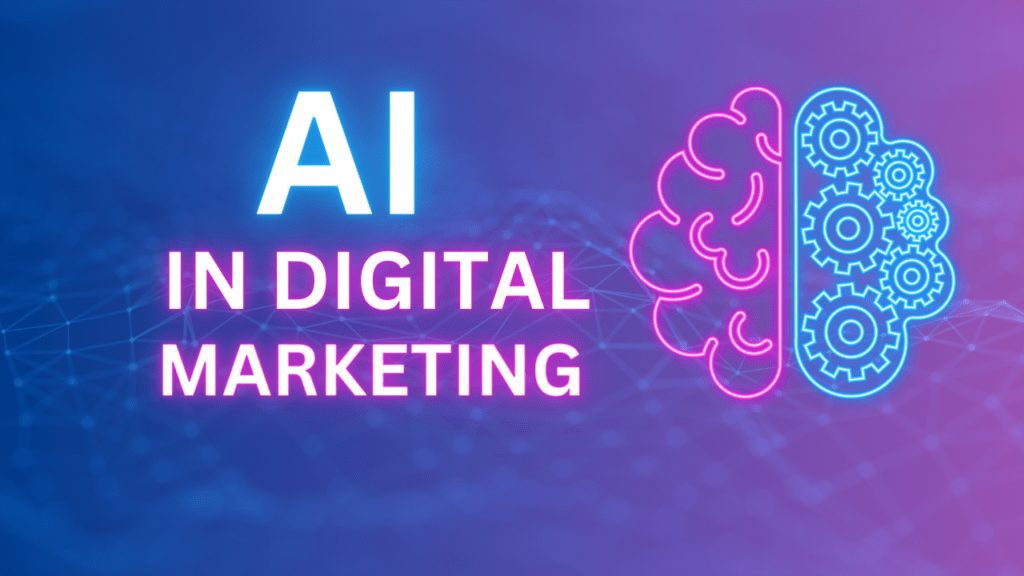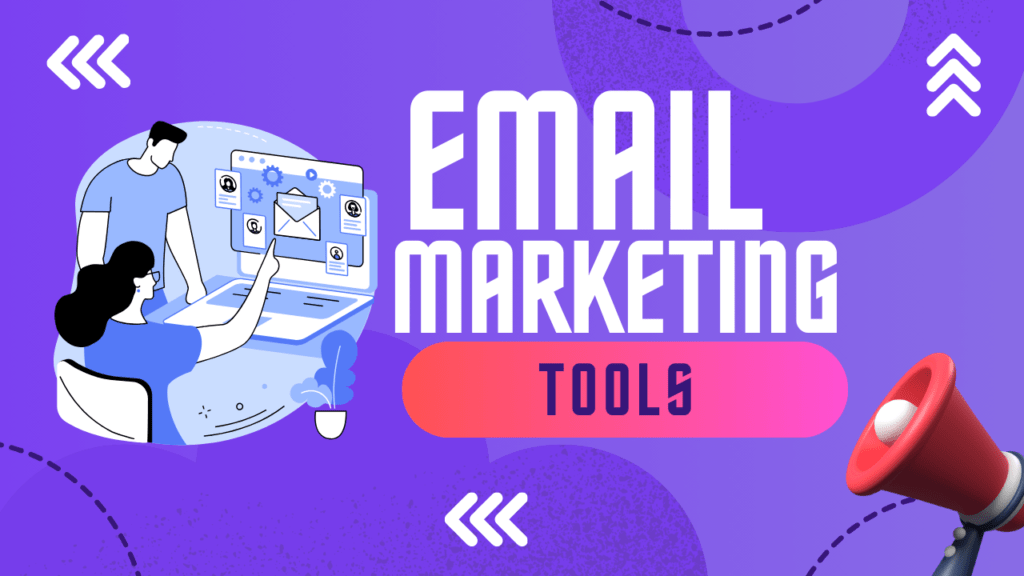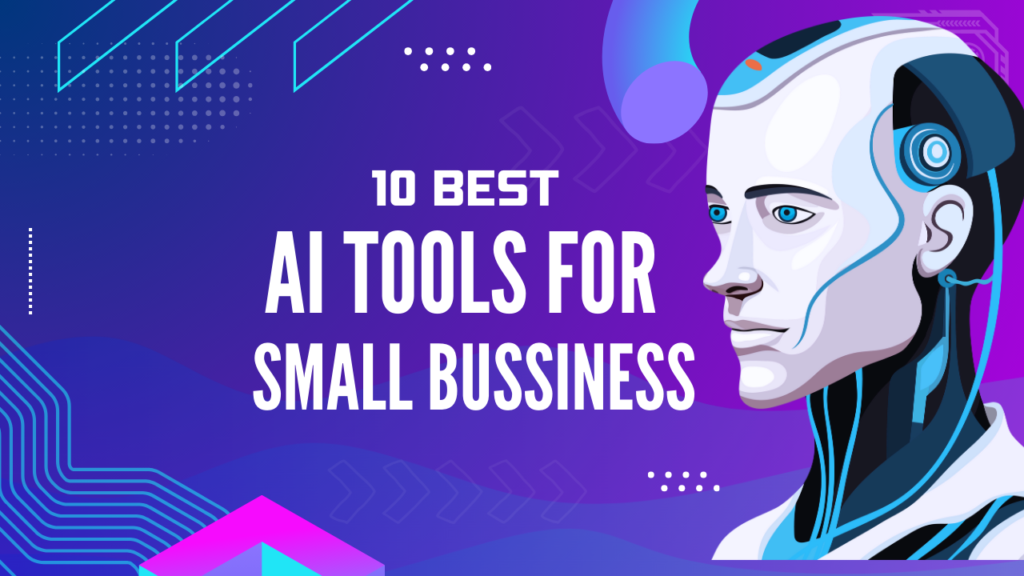Table of Contents
AI in Digital Marketing: Innovative Approaches for Maximum Impact
Introduction
AI is fast gaining credit in the digital marketing Industry and becoming a tool that transforms marketing to competitive heights of effectiveness. Due to the increasing adoption of advanced technology in the market, it is become crucial for firms to grasp and integrate Artificial Intelligence (AI). In this article, the writer examines how artificial intelligence will revolutionize online marketing strategies for new business owners.
Understanding AI in Digital Marketing
Definition of AI
AI is the ability to make devices and systems imitate humans in how they work to solve problems for themselves. In Digital Marketing AI Analysis is used for the purpose of either prediction or determination of results along with the use of automation.
How AI is Used in Digital Marketing
Some of the use cases of AI in Digital Marketing are discussed below Customer segmentation and Personalized Marketing Content generation and Performance analysis. This paper aims to explore how marketers could improve their strategies and consequently, improve the results by employing AI.
Benefits of AI in Digital Marketing
Enhanced Personalization
AI can generate extremely accurate marketing plans and strategies because the system is able to predict users’ preferences through analyzing the data. It results in delivering better quality content and sales offers that help in engaging customers and hence their retention.
Improved Efficiency
Automation of repetitive tasks such as email marketing, social media management, and ad placements saves time and resources. AI ensures these tasks are performed consistently and accurately.
Better Customer Insights
Several authors mention that the use of AI ensures the ability to make huge datasets comprehensible and to identify patterns which could be unnoticed by people. This helps in understanding customer behavior and making informed decisions.
AI-Powered Personalization
Customized User Experiences
AI algorithms analyze user behavior to deliver personalized content, product recommendations, and offers. This enhances user engagement and increases conversion rates.
Personalized Email Marketing
Machine learning can sort out the email lists and target the clients more appropriately since the message delivery and design reflects the client’s interest, and this increases the likelihood of opens and clicks.
Dynamic Webough rates.site Content
AI can dynamically alter website content to match individual user interests, providing a more engaging and relevant experience.
Predictive Analytics
Forecasting Customer Behavior
The AI-based predictive model is based on past behavior that can be employed to estimate the subsequent actions of customers, thus enabling marketers to make relevant predictions.
Optimizing Marketing Campaigns
As you can see, AI allows for determining which strategies would be more effective in bringing the desired results, thus enabling superior campaign optimization.
Enhancing Decision-Making Processes
Through this, AI increases the competency of executing marketing campaigns by providing data-based subjective analysis thus improving strategic controllership.
Automation of Marketing Tasks
Email Marketing Automation
AI in email marketing automates the type of messages to send, their frequency and timing through the use of automatic emailing presently making customers’ engagement timely and personal.
Social Media Management
Social media management involves configuring a business’s content to be published on different social media handles, engagement rate calculation, and recommended posting time.
Ad Targeting and Optimization
AI dynamically places ads and even optimizes marketing strategies on the fly by employing data collected at the same time hence the improved ad efficiency and its profitability.
AI-Driven Content Creation
AI Tools for Content Generation
Just like the latest GPT-3, Artificial Intelligence can produce impressive content for blogs, social medial posts, and many other marketing platforms and which can save time and resources.
Benefits of AI-Generated Content
AI-generated content can maintain consistency in tone and style, provide fresh ideas, and scale content production.
Case Studies and Examples
Many companies successfully use AI for content creation. For instance, The Washington Post employs an AI tool, Heliograf, to write news articles.
Chatbots and Customer Service
Overview of AI Chatbots
AI chatbots provide instant customer support, answering queries, and guiding users through their journey.
Enhancing Customer Support with AI
Chatbots take multiple customer requests at once, are always available online, and leave complex issues to human professionals.
Real-World Applications and Benefits
Tangible applications include, Sephora and H&M, employing AI chatbots to boost customer relations leading to interaction advancements.
Improving SEO with AI
AI Tools for Keyword Research
Tools such as SEMrush, and other tools including Ahrefs, can help to understand the trends in searches and keyword on the site that would enhance the ranking.
Content Optimization Strategies
AI analyzes content performance and suggests improvements to enhance SEO, such as keyword usage, meta descriptions, and readability.
SEO Performance Tracking
AI tools track SEO performance metrics and provide insights for ongoing optimization efforts.
Social Media Marketing with AI
Analyzing Social Media Trends
AI in marketing involves analyzing social media information to come up with trends, trends, and sentiments besides influencers informing the content to develop for clients.
Automating Social Media Posts
AI tools can automate the posting schedule, ensuring consistent and timely content distribution.
Measuring Social Media Engagement
AI provides detailed analytics on engagement metrics, helping marketers understand what content resonates with their audience.
AI in Advertising
Programmatic Advertising
AI lets you buy and sell advertisements in real-time while effectively reaching audiences of your choice.
AI for Ad Creation and Placement
AI tools create ad content and determine the best placements, optimizing reach and engagement.
Benefits of AI-Driven Advertising
AI-driven advertising improves targeting accuracy, reduces costs, and enhances ad performance.
Challenges and Ethical Considerations
Data Privacy Concerns
Using AI involves handling large amounts of data, raising privacy concerns. Marketers must ensure compliance with data protection regulations.
Addressing Algorithm Biases
AI algorithms can sometimes reflect biases present in the data. It’s crucial to regularly review and adjust algorithms to ensure fairness.
Ensuring Ethical AI Usage
This means that marketers have to be very prudent when employing the technology, explaining to the public all decisions that have been made with help of AI.
The importance of Future Trends in AI and Digital Marketing
Emerging AI Technologies
Some of the key trends making digital marketers role more complex include; Deep learning, natural language processing A shall penetrate deeper into the digital marketing space.https://www.youtube.com/watch?v=M1XHzcnH6J4
Future Applications of AI in Marketing
Future AI applications may include hyper-personalized marketing, advanced voice search optimization, and immersive AR/VR experiences.
Predictions for the Next Decade
Artificial intelligence definition will continue to be implemented throughout numerous initiatives in marketing, making approaches more directed, refined, and evidence-based.
How to Implement AI in Your Marketing Strategy
Steps to Integrate AI into Marketing
- Identify your marketing needs and goals.
- Research and select appropriate AI tools.
- Train your team on AI usage.
- Implement AI in stages to ensure smooth integration.
Choosing the Right AI Tools
Evaluate AI tools based on your business needs, budget, and ease of integration with existing systems.
Measuring the Success of AI Initiatives
Measure those key issues that will allow you to find out how far AI is helpful in the framework of marketing approaches.


